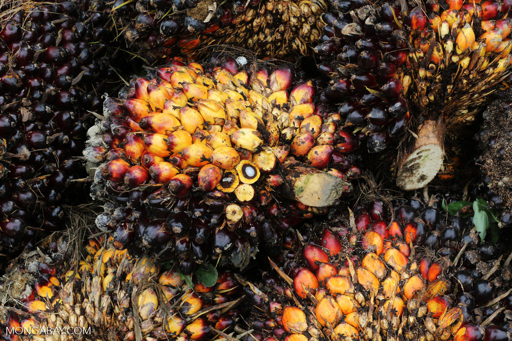In the forests of southeastern Liberia, fear is resounding over what the future may hold. For more than a decade, communities in Sinoe county have struggled against palm oil company Golden Veroleum Liberia (GVL), which has razed more than 1,000 hectares (almost 2,500 acres) of rainforest, destroyed sacred sites, and violated local land rights. GVL’s abuses were affirmed by the Roundtable on Sustainable Palm Oil (RSPO), the industry certification body, and by the High Carbon Stock Approach (HCSA), a multistakeholder initiative aimed at protecting forests. Following years of community resistance and a formal complaint, the RSPO issued a stop-work order for GVL to halt plantation expansion. But this past June, the RSPO announced it was lifting the moratorium, raising concerns over the fate of globally significant forests and the communities that live there. Today, Liberian civil society and international allies are urgently demanding that the RSPO reverse its decision and maintain its stop-work order on GVL’s expansion to prevent further deforestation, protect communities’ rights, and ensure accountability for the company’s environmental and human rights violations. Notably, GVL is controlled by Indonesian palm oil giant Golden Agri Resources (GAR), a member of the RSPO, with its own history of alleged illegal forest clearance, corruption and human rights abuses. A Golden Veroleum Liberia oil plantation abuts a forested buffer. Image by Jonathan H. Timperley. For years, the RSPO has faced criticism for providing cover to member companies engaged in abuse. By reversing its decision on GVL — despite research showing the company…This article was originally published on Mongabay
From Conservation news via this RSS feed


